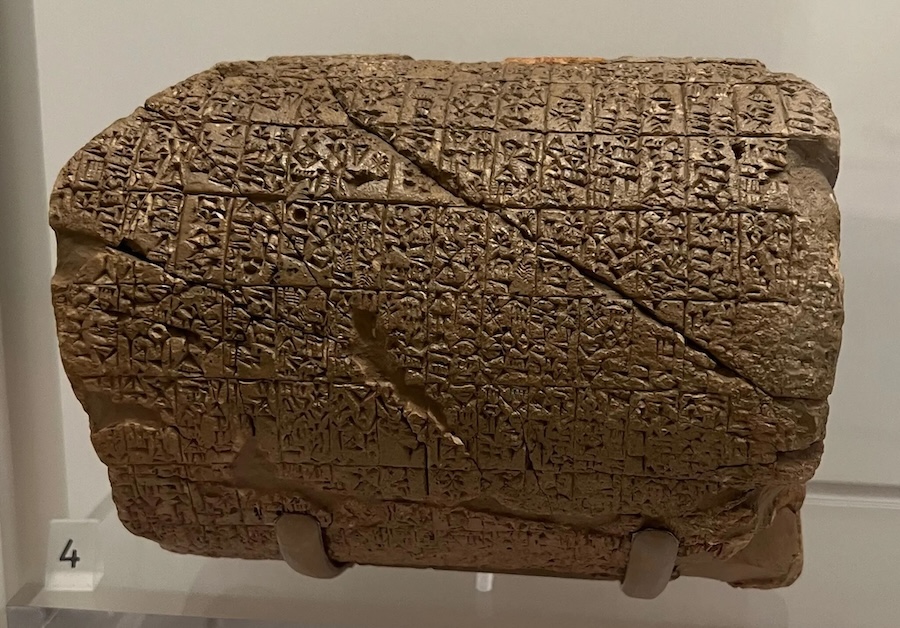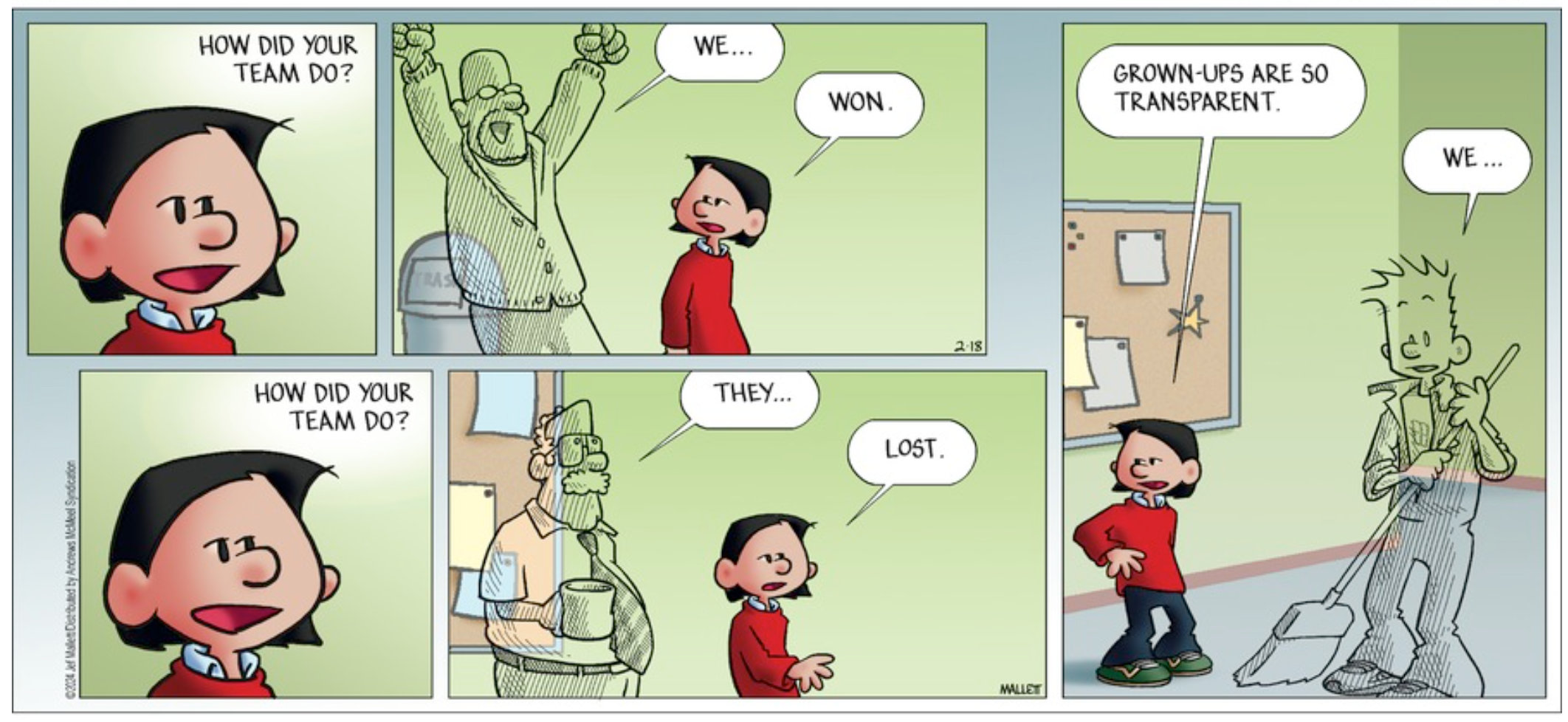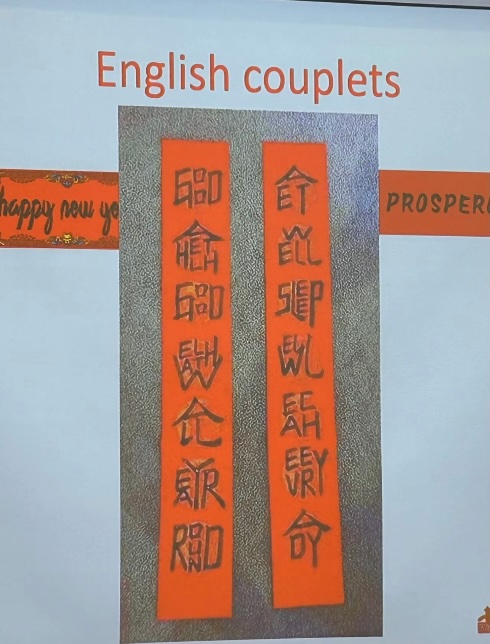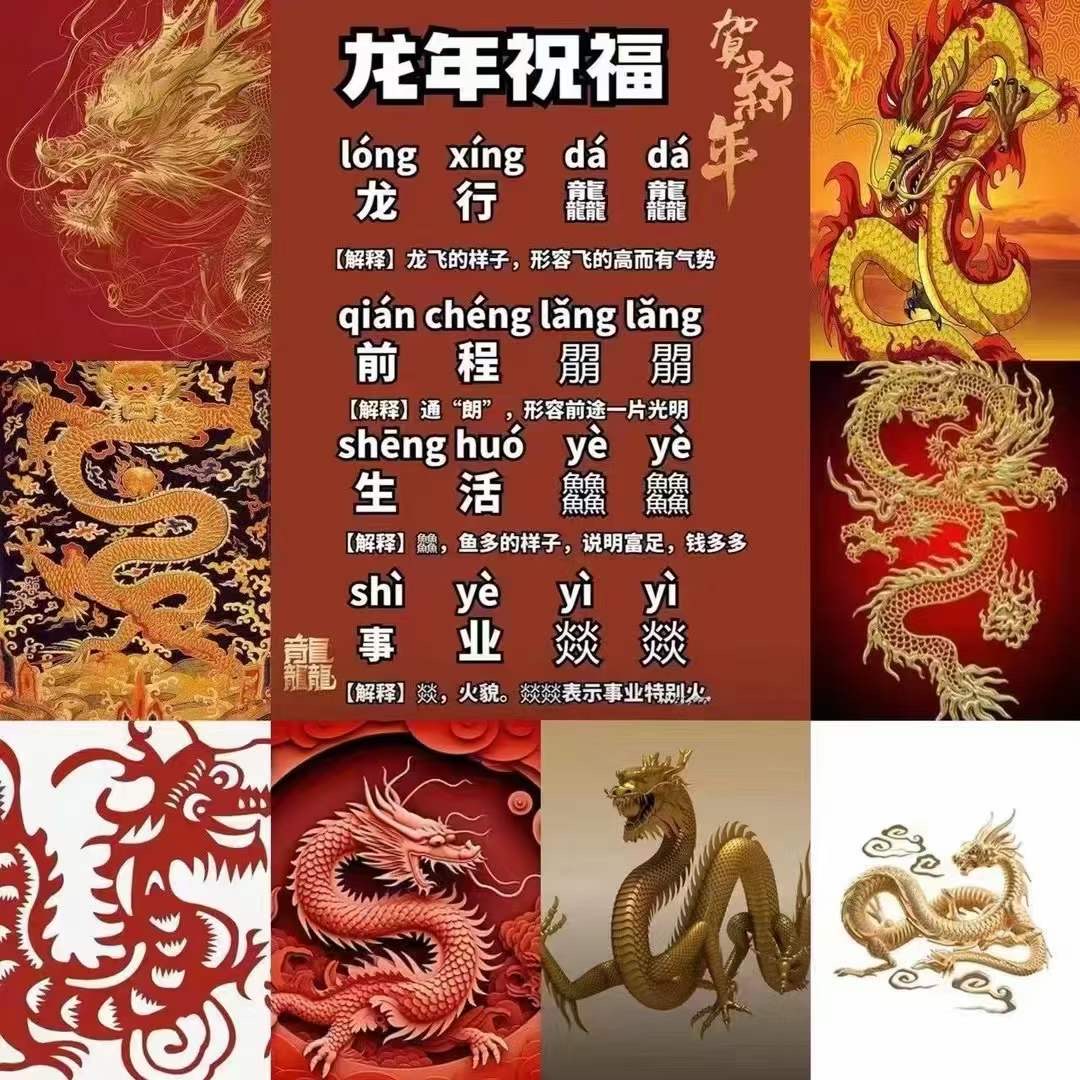LLM vs. a cat?
A bit of AI anti-hype — Sissi Cao, "Meta’s A.I. Chief Yann LeCun Explains Why a House Cat Is Smarter Than The Best A.I.", Observer 2/15/2024:
“The brain of a house cat has about 800 million neurons. You have to multiply that by 2,000 to get to the number of synapses, or the connections between neurons, which is the equivalent of the number of parameters in an LLM,” LeCun said, noting that the largest LLMs have about the same number of parameters as the number of synapses in a cat’s brain. For example, OpenAI’s GPT-3.5 model, which powers the free version of ChatGPT, has 175 billion parameters. The more advanced GPT-4, is said to be run on eight language models, each with 220 billion parameters.
“So maybe we are at the size of a cat. But why aren’t those systems as smart as a cat?” LeCun asked. “A cat can remember, can understand the physical world, can plan complex actions, can do some level of reasoning—actually much better than the biggest LLMs. That tells you we are missing something conceptually big to get machines to be as intelligent as animals and humans.”
Read the rest of this entry »
Political drumbeat: cultural confidence
Yesterday, the hypernationalistic CCP government propaganda organ, Global Times, published the following article:
"China shows cultural confidence as world shares Spring Festival’s spirit, legacy, joy", by Ai Peng, Global Times (2/18/24)
Mark Metcalf called the conspicuous expression "cultural confidence" to my attention:
It's appeared in LL twice.
Read the rest of this entry »
Sumerian smooching: amorous postplay
—for Valentine's Day (belatedly)
The cuneiform tablet pictured below may include the first textual description of a kiss.

The Barton Cylinder, excavated in the ancient Sumerian
city of Nippur in 1899 and dating to around 2400 B.C.
Credit: The University of Pennsylvania Museum of Archaeology and Anthropology
Read the rest of this entry »
Lunar New Year's greetings, part 2
You can't really have a traditional Lunar New Year's celebration without posting spring couplets, as witness here.
In recent years, though, these "spring couplets" (chūnlián 春聯 / 春联) — a special type of "antithetical couplet" (duìlián 對聯 / 对联) — have morphed into all sorts of different forms and formats, such as this set, which we studied back in February 2019 (see "Selected readings" below):
I leave it to you to read for yourself.
Read the rest of this entry »
Chinese YMCA dance
I still remember clearly the first time I tried the Y.M.C.A. dance. That was about twenty years ago in New Haven when we celebrated Valerie Hansen's ascension to tenure at Yale. When it comes to ballroom / partner dancing, I'm a total klutz, but I hoof it with abandon when it's single swirling-twirling-whirling.
There was a lively band with a talented singer who led us through the steps and motions of the YMCA dance. It was a blast!
The other day I thought to myself, what would it be like if you tried to create such a dance for the Chinese equivalent of "Y.M.C.A."?
Jīdūjiàoqīngniánhuì 基督教青年会 ("YMCA")
Even if we abbreviate it as "青年会", the last three characters of the Chinese name, it would still be very hard to dance like the English YMCA version.
The iconic "YMCA" moves begin as 0:57 here:
Read the rest of this entry »
TikTalk?
The recent flurry about "TikTalk" seems to have started with Rochelle Barrand, "TikTok: 'Influencer speak' on social media platforms is likely to be the future of the English accent – expert", NationalWorld 11/22/2023:
A language expert said a "TikTok voice" which is often used by influencers on social media platforms is likely to be "the future of the English language".
Linguistics professor Christopher Strelluf claims we are seeing a new use of language which has been fuelled by female influencers online and also celebrities such as Kim Kardashian, Britney Spears, Katy Perry and Ariana Grande.
The 'TikTok accent', which is also called 'TikTalk', or 'Internet voice' is when influencers use a vlogger-style voice and intonation and, as a result, this means everyone sounds similar, regardless of their individual voice tones and accents.
Strelluf, who is an associate professor of linguistics at Warwick University, explained the use of features called 'uptalk' and 'vocal fry' are commonly seen in this style of speech. He said everyone already uses those features of language but young people, particularly women, are using it in an "innovative way".
The article doesn't tell us what this "innovative way" actually is, and I haven't found any publications or presentations by Prof. Strelluf to enlighten us. My guess is that the whole idea came from the reporter, Ms. Barrand, who just pulled a few sensible quotations from him to shore up a click-bait-y article on "female influencers and celebrities". And it worked — the bait has been picked up by (literally) dozens of outlets, from The New York Post and Distractify to Fox News and the BBC.
Read the rest of this entry »
Pinyin nomenclature as an instrument of diplomacy
Ever since China began aggressively to assert territorial claims over the seas south of its southernmost border all the way to Indonesia, disregarding the arbitral ruling of the international tribunal in favor of the Philippines on July 12, 2016, it has increasingly resorted to Pinyin naming practices to stake its claims to specific geographical features.
Alyssa Chen, "South China Sea: how Beijing uses pinyin translations to double down on territorial claims", SCMP (2/4/24):
- Chinese foreign ministry and state media articles have increased their use of pinyin for place names in the contested area
- It follows a growing number of flare-ups between Beijing and Manila, including one run-in just a week ago
Read the rest of this entry »





